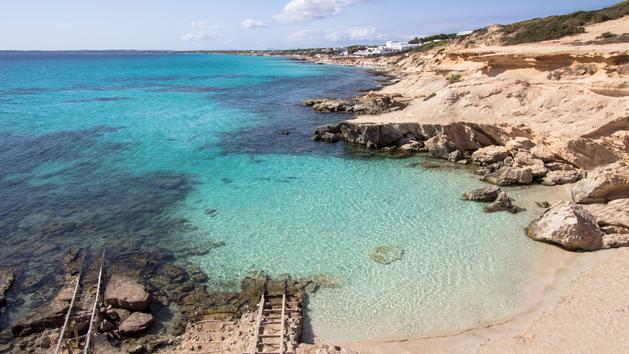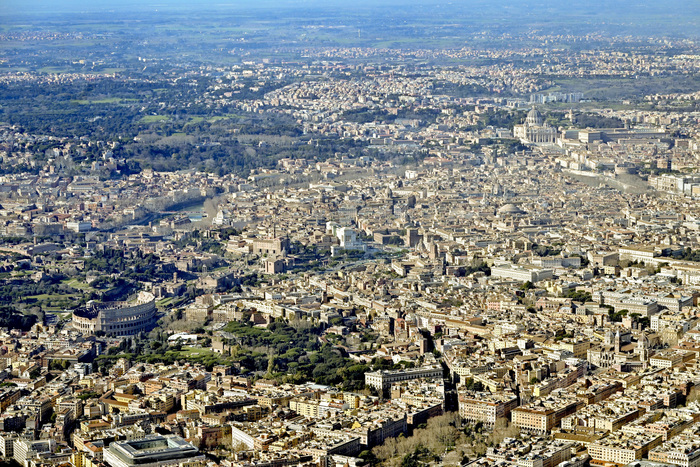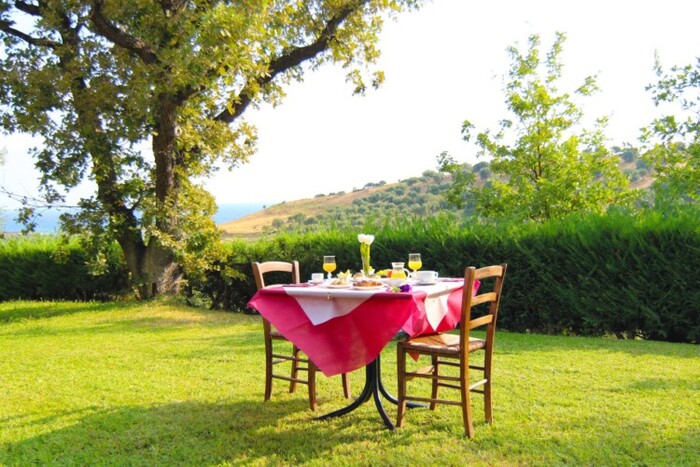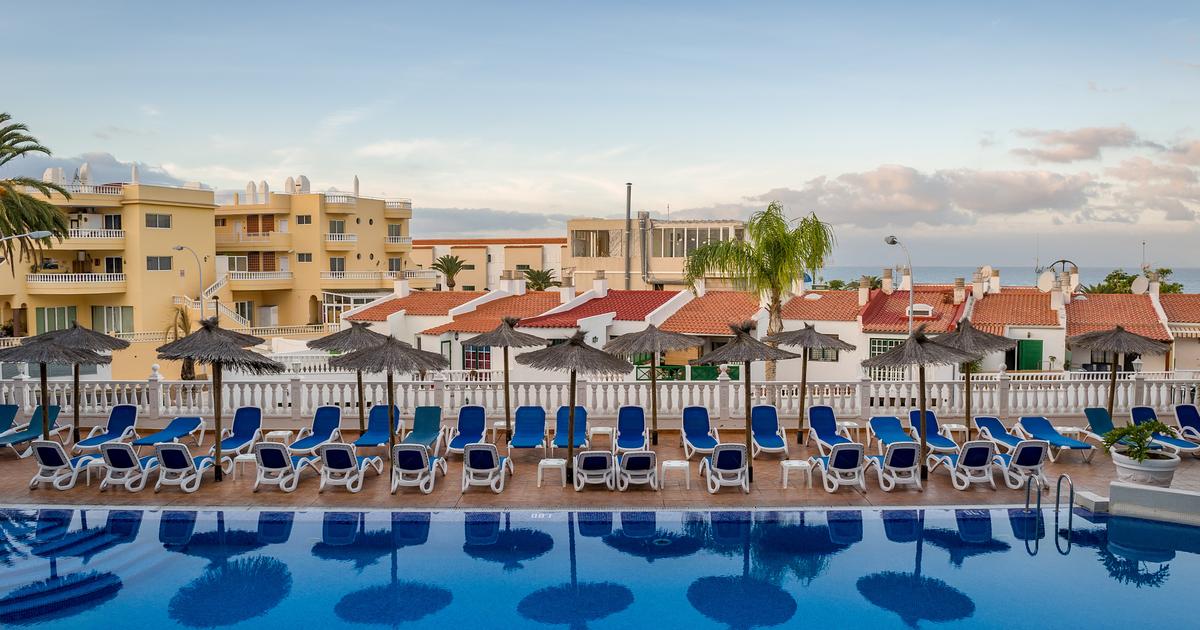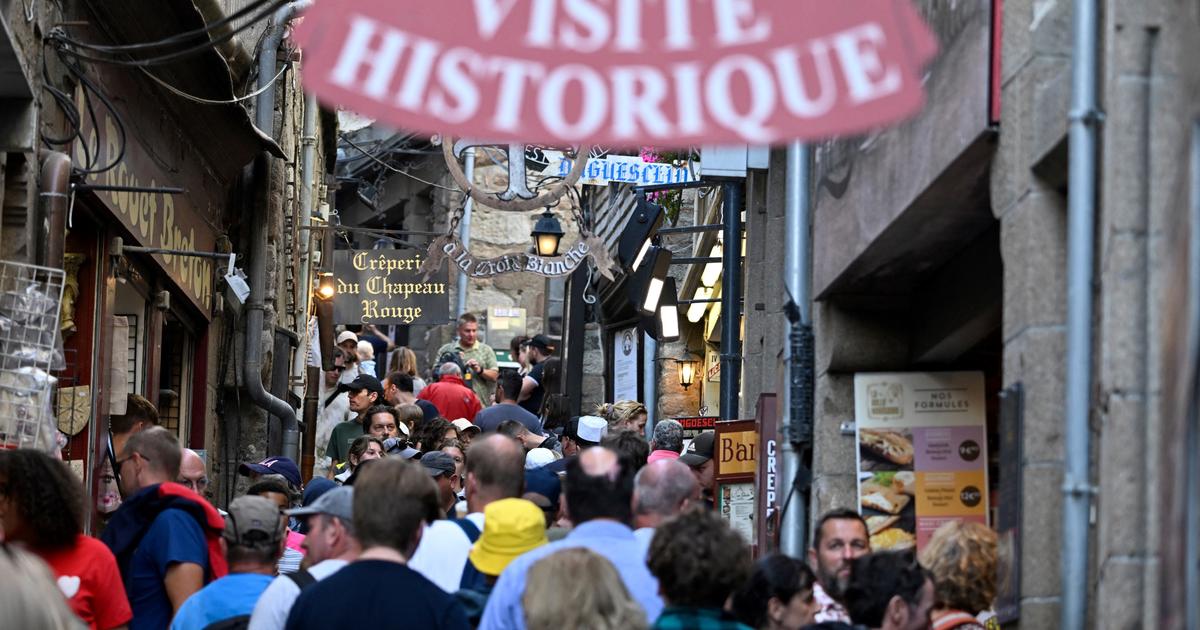Will we be able to travel to Spain this summer? At a time when the coronavirus imposes numerous restrictions on travelers, the country, which is one of the favorite tourist destinations of the French for sunny days, has in any case started its deconfinement. Large cities like Barcelona and Madrid, but also Castile and León, are for the time being still subject to strict confinement. In other regions, and in particular the Canary and Balearic archipelagos, beaches, hotels and restaurant terraces were able to reopen, under conditions. The borders are still closed, and should remain so at least until the end of June. Update on the situation.
Read also: Summer holidays: book and go to France or abroad, what you need to know
How does Spain take shape?
Spain has implemented phase-in deconfinement. In each territory, corresponding either to the province, the equivalent of our departments, or to smaller areas - urban agglomerations, rural cantons or islands, for example - the situation of the epidemic and hospital capacity is assessed each week . The government then determines who can add another degree.
To date, 30% of Spain is in "zero phase", the strictest stage, applied in the two largest cities in the country: Madrid and Barcelona . The majority of Castile and León is also concerned: Valladolid, Segovia, Ávila, León ... At this stage, the Spanish can only leave their homes to work, go shopping, or, recently, take a walk or daily physical activity. Hotels are closed and restaurants are only allowed to deliver and sell takeout. Small shops are open.
Almost all of the rest of the country is in "phase 1". Freedom of movement is again possible within the limits of the partially defined territory as well as meetings of up to ten people. The hotels are authorized to open, except the common areas. Many remain closed, however, as it is difficult to be profitable by welcoming only customers from the surrounding area. The cafe terraces can open 50% of their usual surface. The museums are authorized to welcome the public to a third of their capacities and cultural shows can be held in front of 30 people inside, 200 outside.
The opening of beaches, both in “phase 0” and in “phase 1”, depends on the municipalities. Swimming and sunbathing are excluded, but sport is sometimes allowed, including surfing. In public transport, the wearing of a mask has been compulsory since 4 May and should be extended to covered public places and to streets where the social distance of 2 meters cannot be respected.
“Phase 2” is currently only applied to three small Canary Islands ( La Graciosa, La Gomera and El Hierro ) and one of the Balearic Islands ( Formentera ). Access to beaches and swimming pools as well as swimming are again authorized.
Phase 3 will then follow, which will deepen the opening of shops, in particular restaurants, cinemas and theaters. The government hopes that the whole territory will have reached the last phase by the end of June. It should then be possible to return to your usual activities, especially on the beaches, but in compliance with hygiene and social distance guidelines.
Can we go to Spain?
The beaches of La Graciosa Island in the Canaries have also reopened to the public. Adobe Stock / Jairo Diaz
For the moment, it is almost impossible to travel to Spain for tourist purposes. Only Spanish nationals, residents and cross-border workers are authorized to cross land borders, with the exception of a few cases of force majeure. Air borders are theoretically open but the number of flights has collapsed. The Spanish Minister of Regional Planning and Transport announced on May 18 that foreign tourists will be able to enter Spain " when the Spanish can move from one province to another ". Or from the end of June, " if the evolution of the pandemic is favorable ".
In the meantime, tourism professionals advise their customers to procrastinate. " Everyone has internalized the uncertainty ," says Jordi Martí, director of the Traveltec travel agency in the seaside resort of Lloret de Mar , on the Costa Brava . Tourists know that they will come when their country lets them go and that I will welcome them when my country lets me do it. In any case, I am preparing to work on July 1st. The summer will be complicated but our priority is to get back to work, more than being profitable . ”
The sector plans to specialize in local tourism this summer if the aviation sector has not resumed sufficient activity. Jordi Martí, for example, whose French tourists represent " 30 to 40% " of customers, is already getting closer to tour operators in the south of France. “ We know the profile of our customers perfectly. If some cannot come, we will turn to others. "
For the record, the French authorities strongly advise against any trip abroad until further notice. French borders, like in most of the Schengen countries, are closed until June 15. The European Commission invites Member States to restrict non-essential travel to European Union countries until this date.
Are there measures of fourteen?
Since May 15, a fortnight of two weeks has been imposed on the rare people likely to cross the border despite the reestablishment of controls: usual residents who wish to return to the country, whether Spanish or foreign. Cross-border carriers and workers are exempt from this rule. During this fortnight, it is forbidden to leave your home for any reason other than going shopping or taking care of yourself.
The testimonies of foreign visitors collected by Le Figaro reveal that the fortnight is not systematically imposed on those who cross the border by land. However, it is still applied to those who fly. Upon arrival at the airport, the passenger temperature is also raised.
This measure should be maintained until the end of the state of emergency, regularly rejected by Parliament at the request of the government and which could be fixed at the end of June. The Italian Minister of Transport, Paola de Micheli, also announced on Monday 11 May that Italy was working "with Spain, France and Germany" on the organization this summer of "non-quarantine flights between these countries" .

